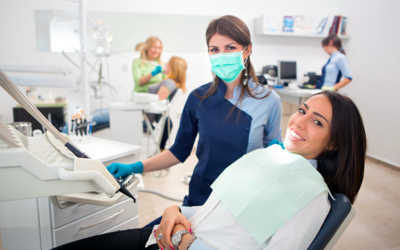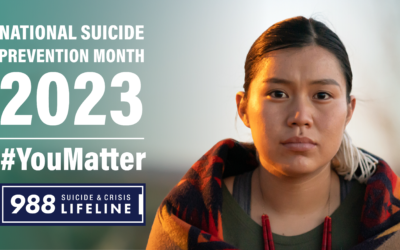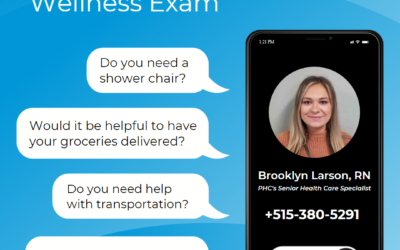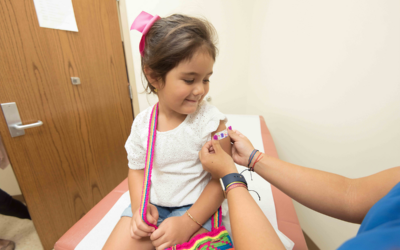Blood Pressure in Diabetes
Your body uses sugar for many different reasons, but one of the major uses is to make energy. If you have high blood sugar in the blood, your body cannot use it the right way, which may cause you to develop other medical conditions, such as heart disease, kidney disease, and many others.
Hypertension (High Blood Pressure)
A large majority of people with diabetes also have a condition called hypertension, or high blood pressure. This is very common for people with type 2 diabetes, but it can also develop in people with type 1 diabetes.
- High blood pressure, like diabetes, has the potential to cause the development of other health conditions —some of which will be the same between both conditions.
- This is why your doctor will check to see if your blood pressure is well controlled, especially if you also have diabetes.
- A well-controlled blood pressure is one that is equal to or lower than the number recommended by guidelines your doctor follows. For most people, you can expect the goal for the top number to be less than 130-140, and for the bottom number to be less than 80-90.
- At each checkup, your doctor will take your blood pressure and discuss which “number” is best for you.
Medications
If you have both diabetes and high blood pressure, it is not uncommon for your doctor to start you on a medication that will help to protect your kidneys. We said earlier that diabetes and high blood pressure can cause other medical conditions to develop —kidney disease is a condition that can be caused by either one.
- There are medications, known as an “ACE-inhibitors” or “ARBs,” that are used primarily to lower blood pressure, but have the added benefit of protecting your kidneys from potential damage.
- In addition to these two types of high blood pressure medications, there are other blood pressure medications that can be used to treat high blood pressure, including medications like furosemide, hydrochlorothiazide, and amlodipine besylate. The ultimate goal is to lower blood pressure in whatever way is most appropriate for you.
- In some cases, you may have to take more than one type of high blood pressure medication to obtain good control. This will be a discussion you have with your doctor at the time of prescribing.
Besides taking medication, there are other ways to lower blood pressure and high blood sugar. Some things you can do include:
Eat Better
Less salt, more fresh foods! Try to cut back the amount of salt you eat while also trying to increase the amount of fresh fruits and vegetables, whole grains, and fiber in your diet.
Drink more water
For the average person, the recommended amount of water per day is about 8 full glasses. A full glass is considered to be 8 ounces of fluid. Try keeping a glass of water around throughout the day as a reminder to drink.
Exercise regularly
Get up and stay active! The American Heart Association (AHA) recommends 30 minutes per day of “aerobic” activity about 5 times per week (e.g., walking, hiking, swimming, running).
Quit smoking
Smoking can be the culprit of many health-related issues, including increasing blood pressure. Reducing the number of cigarettes you smoke or quitting all together will always have a positive effect on your health. If you feel you are ready to quit smoking, consult your pharmacist —they can discuss the available options with you.
Limit alcohol
Like smoking, alcohol can lead to many health-related problems, one of which is high blood pressure. It is recommended to limit intake to two drinks per day for men and one drink per day for women. One drink is considered to be 12 ounces of beer, 5 ounces of wine, or 1.5 ounces of hard liquor (e.g., vodka).
The examples listed above are just a few of the lifestyle changes that may contribute to lowering blood pressure and blood sugar, if done safely. Always consult your primary care provider before making any changes to your current diet and exercise routine to make sure it is appropriate and safe for you to do.
Recent Posts
October is National Dental Hygiene Month
October is National Dental Hygiene Month, bringing awareness to the importance of oral health and providing the opportunity to celebrate PHC’s stellar dental hygienists! Good oral hygiene is an essential component to our overall health and well-being. According to the...
We Can All Prevent Suicide
September is Suicide Prevention Awareness Month, providing an opportunity to shed light on a life-saving resource available to individuals experiencing suicidal crisis or mental health-related distress. The 988 Suicide & Crisis Lifeline, formerly known as the...
Seniors on Medicare: Let’s Chat!
Did you know Medicare patients are eligible to receive an annual wellness exam for free? It’s not a physical exam, but a 30 to 60 minute phone call or virtual meeting to discuss your health goals and ensure you are receiving the care you need. You’ll chat with PHC’s...
Summer Fun with the 5210 Challenge
🌞 Summer Fun with the 5210 Challenge!As summer break begins, make the most of the free time with your family by taking part in the 5210 Challenge - Summer Edition! 🎉What is 5210Consume 5 or more servings of fruits or vegetables each day Incorporate a variety of...
Men’s Health: Top 7 Regular Check-Ups You Shouldn’t Ignore
As men, it's essential to prioritize our health and well-being. Regular check-ups are not just for when we're feeling unwell but are crucial for preventive care and early detection of potential health issues. By staying proactive and getting routine screenings, we can...
Why get the Flu shot? And answers to other common questions about the flu vaccine
Answers to common flu vaccine questions from pediatric care physician and medical director, Dr. Jason Kessler.





